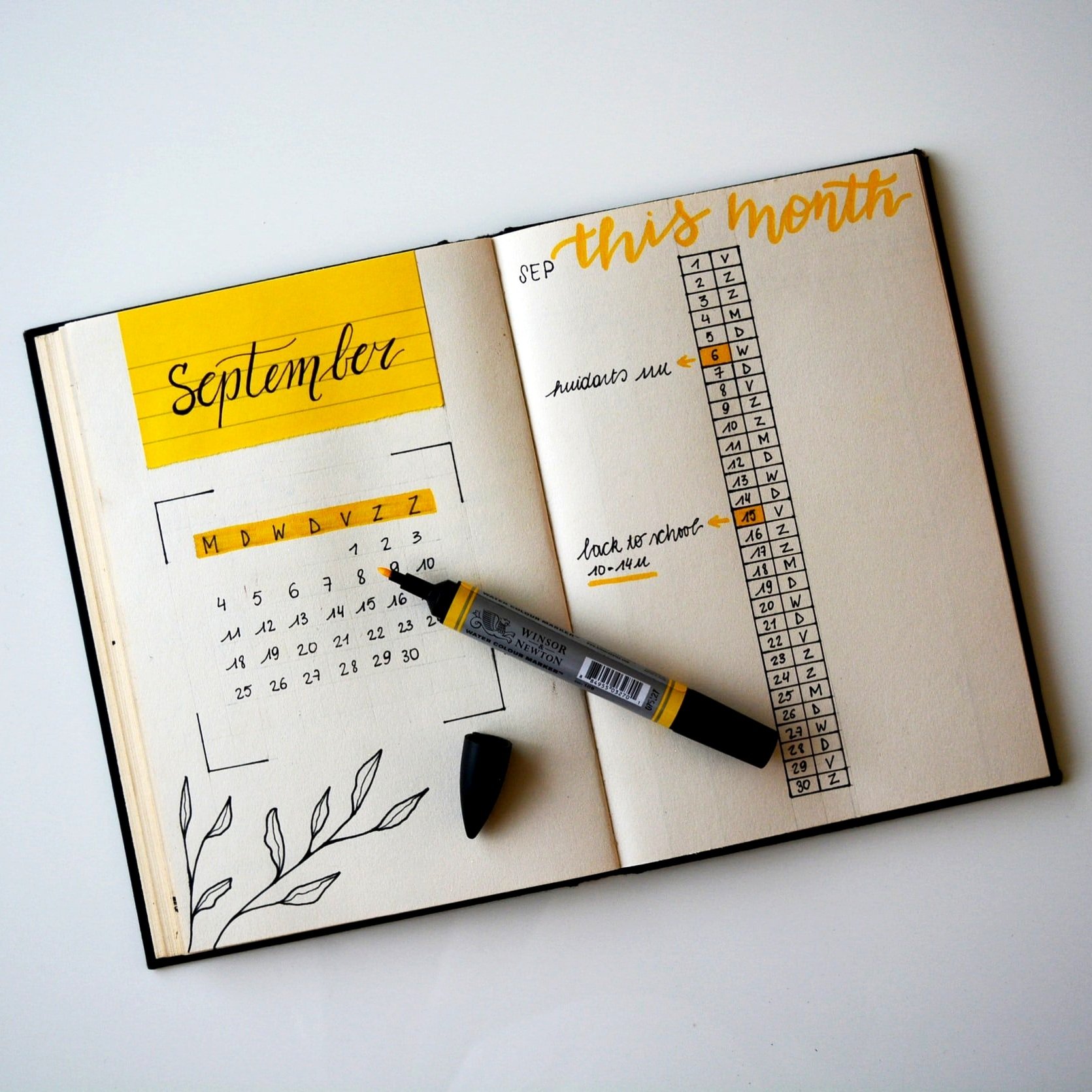HAES in Health Care
HAES stands for Health at Every Size. The book by that title, “Health at Every Size, the surprising truth about your weight”, is by Lindo Bacon. “Body Respect” is the more current version.
Health care providers are awful when it comes to separating weight from health. You could come to us with a bad hair day and if your BMI is over 30, we’ll tell you to lose weight.
To this day, I’ve never heard mention of HAES either at school or at work.
Isn’t that just nuts? Nutrition and movement are basic elements of health. They are more fundamental than the bazillion medications we prescribe each year. Exercise and vegetables don’t just prevent heart attacks, they decrease the risk of Alzheimer’s, cancers, depression, migraines, knee pain, stomach aches, and whole lot of other problems.
Some grinches out there are muttering about how we should all get skinny because higher weight is associated with a bunch of serious diseases. Yes, there are associations. But that doesn’t mean that elevated weight itself is the cause, or that losing weight alone makes those risks go away. You know my nerds, correlation is not causation.
Even if size was the problem, telling people to lose weight just because they walk into your office and sneeze isn’t a path to inspiration.
When did I come across the original HAES study?
I don’t remember.
Was I even in nursing school yet? I do know that HAES study changed my approach to thinking about weight. In retrospect it’s embarrassing that I needed to be told health can come at every size, but I grew up in the same toxic culture a lot of us did. For most of my 20s I thought Diet Coke was basically a kale equivalent.
HAES was one of many factors that helped me unlearn counterproductive ideas about health.
When I was growing up, fat was considered the root of all evil. The first time I administered an IV bag of fats (lipids) for an ICU patient who couldn’t eat I almost fell over. What? You actually need fat to live?
Did you know your cell membranes are made of cholesterol? We have such an aversion to the idea of fat in any form that we’ve managed to make basic human building blocks seem depraved.
Ok back to HAES.
If weight loss alone could cure all ills, then refugee camps would be the healthiest places on earth. (Google “lipid hypothesis” or “surrogate marker” if you want to read something less facetious and more technical.)
There is research out there that people can improve their blood pressure and blood sugar by exercising and eating better even if they don’t lose weight. That is both mind blowing and totally intuitive.
Sadly, a lot of people have internalized the idea that exercise and vegetables only exist for the purpose of weight loss. And if you don’t want to lose weight, then why torture yourself with activities that are at best time consuming and at worst mental torture? Health care has so managed to poison this subject that bring up exercise in a visit and a previously engaged person will lean back, cross their arms, and check the time.
So, in honor of the upcoming new year (which is maybe still 2020?), I wanted to throw out some good vibes to people who need to feel better. Yes, please move your body. Definitely fill half your plate with vegetables! But don’t do it to lose weight. Do it to feel strong.
Some ideas to bring HAES into your life:
Think about how strong a given food will (or won’t) make you instead of calories only.
Practice mindfulness so you can really enjoy the flavor of good food, no matter what it is.
Make movement about anything that isn’t weight: Outrunning zombies, outrunning the guy who is slower than you when being chased by zombies, getting to the literal top of a mountain, or any of the many, many non-weight health things.
Some ideas to bring HAES into your medical care:
Ask if you can have your cholesterol or blood sugar checked and work on improving those numbers instead of losing weight.
Ask not to be weighed unless it’s relevant to the specific reason you came in.
If it seems worthwhile to talk about body shape related risks, see if they’ll record a waist to hip ratio instead of BMI, it’s more accurate. And because it doesn’t come along with the “overweight” or “obese” categories, it’s easier to keep the conversation on disease risk.
Some ideas to bring HAES into your daily (Tiny) Habits:
After I put food in the cat’s bowl, I will put water to boil for nourishing herbal tea.
After I go close the bedroom door behind me, I will do one sun salutation.
After I notice the feeling in my body I associate with body shame, I will take one deep breath and celebrate with a power pose.
Curious about making more HAES habits? Check out our Tiny Habits Behavior Design service page!
Or contact us with any questions. We offer a free 20-minute behavior design consult so go ahead and pick our brains!





